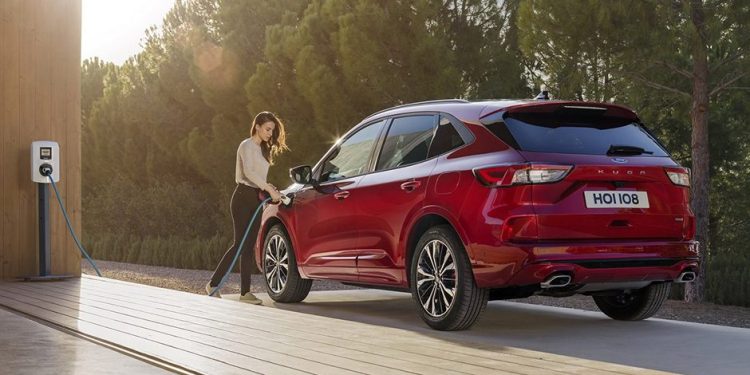World’s lithium mines struggling to keep up with global EV demand
Words: Matthew Hansen
Interest in electric vehicles is surging at the minute. New Zealand has just recorded its biggest month in history for plug-in sales, Norway is approaching a situation where almost 100 per cent of its new passenger-vehicle sales are EVs, and seemingly every week a legacy carmaker is announcing its commitment to electrification.
All of this is placing added strain on the lithium mining market. According to a report from Bloomberg, there’s concern that lithium miners soon won’t be able to quench customer thirst, as the need for batteries grows.
The report notes that, according to the Benchmark Mineral Intelligence index of lithium carbonate and hydroxide, pricing for the material has doubled in the last 12 months (admittedly following a fairly big dip).
Exactly how much is this pricing? Well, in a recent sale, Pilbara Minerals Ltd auctioned off 8,000 tonnes of spodumene concentrate, a form of processed lithium, for US$2,240 per tonne. The same sale was tendered for US$1250 a tonne in July.
“The financing for lithium projects is still too little, too late. The market deficit is already occurring,” Cameron Perks, an Australian-based minerals analyst at BMI, told Bloomberg.
“As prices increase now, there will be unknown yet-to-be-announced projects and expansions that will help to increase supply to meet demand. That is almost a certainty. What is not certain is just how many unknown projects there are out there.
“There’s also a possibility that not enough lithium can be mined, then it could risk a slower EV roll-out.”
The news is a further blow to manufacturers, who are currently trying to find ways to make electric vehicles cheaper in a hurry. Currently, the cheapest electric vehicle sold new locally is the $48,990 MG ZS EV. It’s priced at almost twice the price of the vehicle it’s based on.





